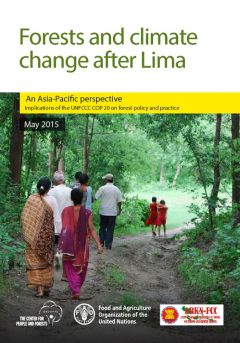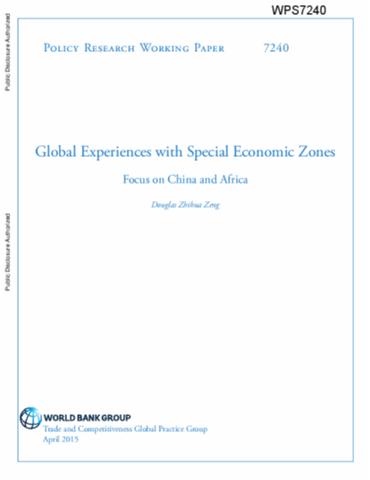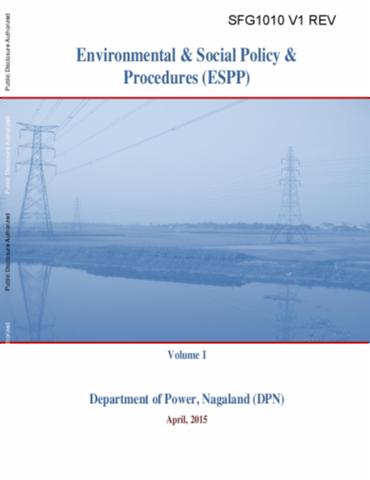Environmental Degradation in Oil Producing Areas of Niger Delta Region, Nigeria: the Need for Sustainable Development
Due to oil exploration and other human activities in the Niger Delta region, there is evidence of environmental degradation all over the area (Oronto, 1998). Environmental degradation is occasioned by consistent flow of industrial waste, oil spills, gas flares, fire disaster, acid rain, flooding erosion, etc., which has led to the pollution of farmlands and fishponds. It has also led to the destruction of properties and human lives, including aquatic and bio-diversity.









